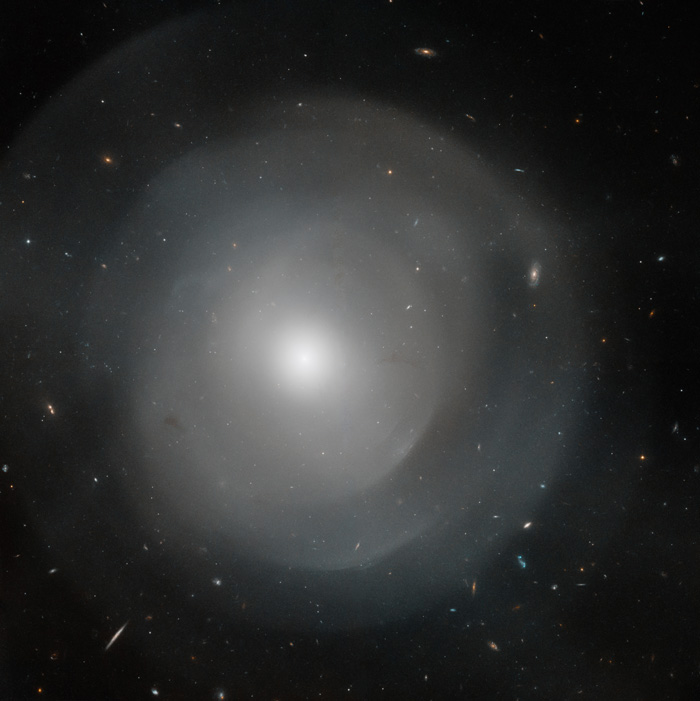Hubble telescope discovered a new galaxy with mysterious surroundings
Joshua Hawkins - Yesterday 8:15 PM
Most elliptical galaxies can usually be found within galaxy clusters. However, a new picture of galaxy NGC 474 captured by Hubble shows an interesting image. Instead of being surrounded by galaxy clusters, NGC 474 is in relatively empty space. Further, the galaxy is surrounded by shells.
NASA says could be the result of NGC 474 absorbing smaller galaxies. Many believe this could have happened billions of years ago. Ultimately, though, nobody is completely sure how these tidal-like shells formed around the galaxy.
Check out this galaxy surrounded by shells

© Provided by BGR
galaxy surrounded by shells
NASA’s Hubble space telescope has discovered some fantastic things. For starters, its nearly 30-years’ worth of observations have taught us a lot about how the universe expanded. Additionally, the telescope recently captured an image of two galaxies locked in a dance. Now, though, a new photo gives us a great look at a galaxy surrounded by shells.
The galaxy in question is NGC 474, and it’s an elliptical galaxy. Hubble recently captured an image of the galaxy up close, revealing more about its size. Scientists estimate the galaxy to be 2.5 times larger than our own Milky Way galaxy. But, as I noted above, this size isn’t the only interesting feature.
More:
https://www.msn.com/en-us/news/technology/hubble-telescope-discovered-a-new-galaxy-with-mysterious-surroundings/ar-AAXM3la
